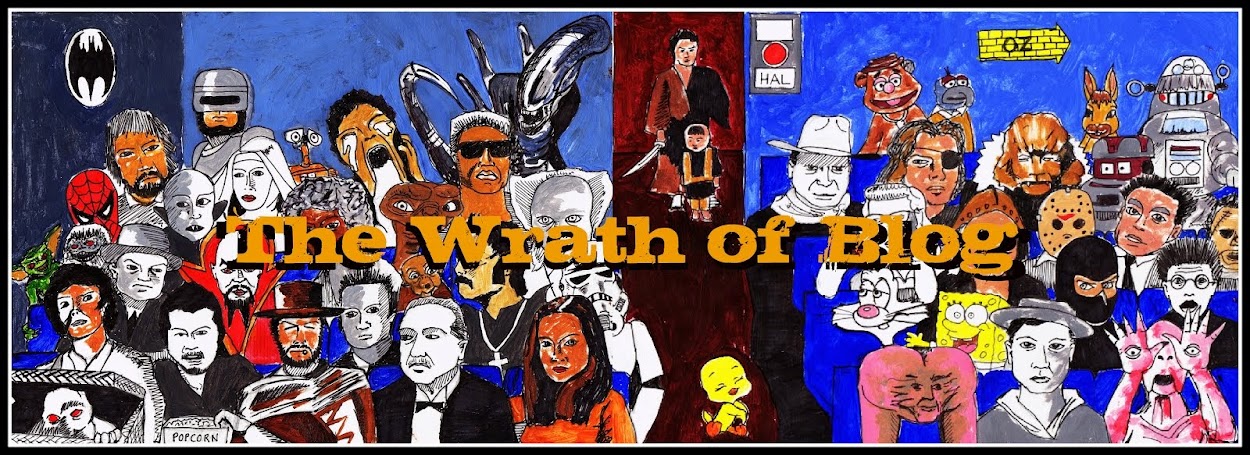 Edinburgh, 1831, and surgeon Dr. MacFarlane (Henry Daniell) finds his work hampered by a lack of cadavers to experiment on and to use to teach his students. He is visited by Mrs. Marsh (Rita Corday), who hopes that MacFarlane's skills can help cure her paraplegic daughter and allow her to walk again. He refuses, citing the surgery as too dangerous. His young student Donald Fettes (Russell Wade) urges him to do it, but learns that the bodies required for experimentation are in short supply and the fresh cadavers brought into the school do not always come from the morgue, but instead are bought for a small price from the shady John Gray (Karloff).
Edinburgh, 1831, and surgeon Dr. MacFarlane (Henry Daniell) finds his work hampered by a lack of cadavers to experiment on and to use to teach his students. He is visited by Mrs. Marsh (Rita Corday), who hopes that MacFarlane's skills can help cure her paraplegic daughter and allow her to walk again. He refuses, citing the surgery as too dangerous. His young student Donald Fettes (Russell Wade) urges him to do it, but learns that the bodies required for experimentation are in short supply and the fresh cadavers brought into the school do not always come from the morgue, but instead are bought for a small price from the shady John Gray (Karloff).
With the disturbing story of Burke and Hare lurking very much in the characters minds, The Body Snatcher focuses less on the grisly work of grave-robbing and murder, and more on the destructive relationship between MacFarlane and Gray, two old acquaintances who loathe each other but have become co-dependent. MacFarlane longs to be rid of the old brute, but Gray's sadistic hold over his respected colleague means that he won't give up that easily, and soon Gray's midnight antics digging up the dead turns to murder as the city catches wind of his heinous deeds. This may be Karloff's finest performance, adding a smirk and a wicked sense of humour to his evildoer, with Daniell more than holding his own as the conflicted doctor.
Directed by Robert Wise, whose career covered almost everything from low-budget horror (The Curse of the Cat People (1944)), to hugely successful musicals (West Side Story (1961) and The Sound of Music (1965)), to sci-fi of varying quality (The Day the Earth Stood Still (1951) and Star Trek: The Motion Picture (1979)), he employs RKO's terrific sets to their maximum potential, bringing 19th century Scotland to life in all its murky glory. Lugosi always appears as one of MacFarlane's assistants, but his billing on the poster is slightly misleading given his slender screen-time. Karloff states that Newton helped resurrect his career and move him away from Universal type-casting, and, although it is still within the same genre, The Body Snatcher allows him to shake off the make-up and allow his natural screen presence to shine through.
Directed by: Robert Wise
Starring: Boris Karloff, Henry Daniell, Russell Wade, Edith Atwater, Bela Lugosi
Country: USA
Rating: ****
Tom Gillespie
Directed by Robert Wise, whose career covered almost everything from low-budget horror (The Curse of the Cat People (1944)), to hugely successful musicals (West Side Story (1961) and The Sound of Music (1965)), to sci-fi of varying quality (The Day the Earth Stood Still (1951) and Star Trek: The Motion Picture (1979)), he employs RKO's terrific sets to their maximum potential, bringing 19th century Scotland to life in all its murky glory. Lugosi always appears as one of MacFarlane's assistants, but his billing on the poster is slightly misleading given his slender screen-time. Karloff states that Newton helped resurrect his career and move him away from Universal type-casting, and, although it is still within the same genre, The Body Snatcher allows him to shake off the make-up and allow his natural screen presence to shine through.
Directed by: Robert Wise
Starring: Boris Karloff, Henry Daniell, Russell Wade, Edith Atwater, Bela Lugosi
Country: USA
Rating: ****
Tom Gillespie















